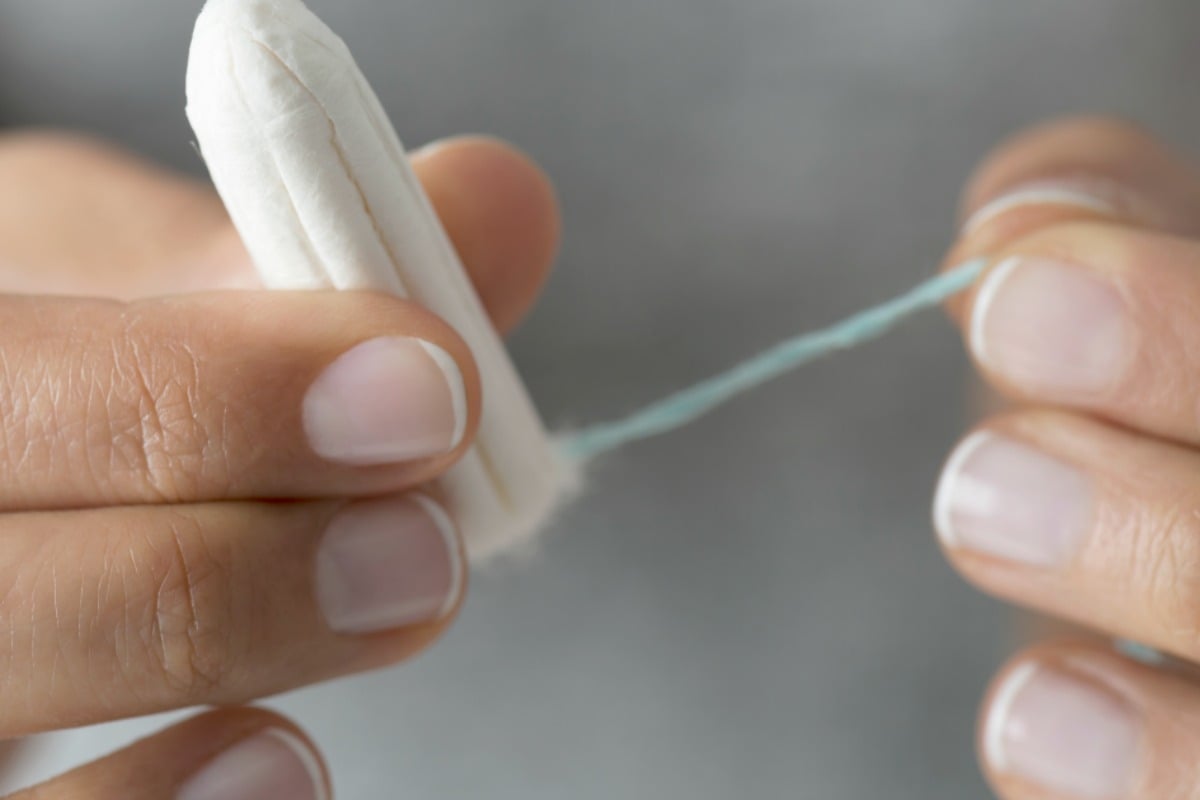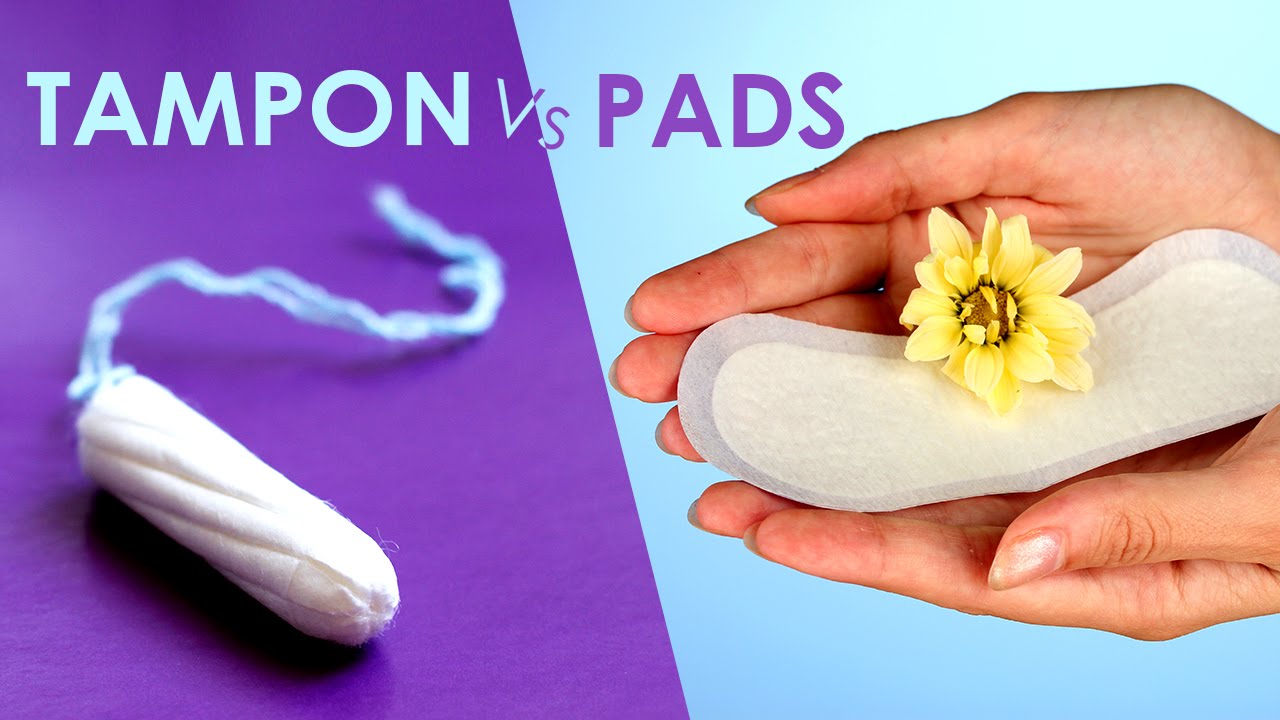Alright, listen up, ladies and gents who care about menstrual health! If you're here, chances are you're on a mission to learn how to put on a tampon like a total boss. Let’s be real—menstruation is a part of life for many people, but navigating the world of tampons can sometimes feel like trying to solve a puzzle without the box lid. Fear not! This guide is here to break it down for you, step by step, so you can rock that tampon game with confidence. No judgment, just straight-up info that’ll have you feeling like a pro in no time.
First things first, let’s clear the air. Tampons are awesome little tools that make life during your period way more manageable. They’re discreet, effective, and once you get the hang of it, they’re super comfortable. But we get it—putting one in for the first time can feel a bit intimidating. That’s why we’re diving deep into how to put on a tampon, answering all your burning questions, and making sure you feel empowered every step of the way.
So, whether you're a total newbie or just looking to refine your technique, stick around. We’ve got everything you need to know about tampons, from choosing the right size to troubleshooting common concerns. Let’s do this!
Read also:Unlocking The Power Of Usps Post Office Boxes Your Ultimate Guide
Table of Contents
- What is a Tampon?
- Why Choose Tampons?
- A Brief Biography of Tampons
- Types of Tampons
- Step-by-Step Guide to Putting on a Tampon
- Common Mistakes to Avoid
- Tips for Beginners
- Hygiene and Care
- Frequently Asked Questions
- Conclusion: Your Tampon Journey Starts Here
What is a Tampon?
Before we dive into the nitty-gritty of how to put on a tampon, let’s talk about what exactly a tampon is. A tampon is a small, cylindrical device made of absorbent materials like cotton or rayon. Its job? To absorb menstrual flow inside the vaginal canal. It usually comes with an applicator or can be inserted without one, depending on your preference. Think of it as your trusty sidekick during that time of the month.
Now, here’s the cool part: tampons are designed to expand as they absorb fluid, ensuring a snug fit that keeps everything in place. And unlike pads, they’re invisible under clothing, which makes them a go-to choice for active lifestyles, swimsuit season, or just hanging out without worrying about leaks.
Why Tampons Matter
Tampons matter because they offer freedom and flexibility. Whether you’re running a marathon, hitting the beach, or just going about your day, tampons let you do your thing without feeling restricted. Plus, they’re eco-friendly if you opt for organic or biodegradable options. Who doesn’t love a win-win?
Why Choose Tampons?
Let’s face it—menstrual products come in all shapes and sizes, but tampons stand out for a reason. Here’s why you might want to give them a shot:
- Discreetness: Tampons are small and easy to carry, making them perfect for on-the-go situations.
- Comfort: Once inserted correctly, you won’t even notice they’re there. Say goodbye to bulky pads!
- Versatility: From light flow to heavy flow, there’s a tampon size for every need.
- Freedom: Swim, dance, run, jump—tampons let you live life to the fullest without worrying about leaks.
Still not convinced? Keep reading—we’ve got all the answers you need!
Read also:5k How Much A Deep Dive Into The Value And What It Really Means
A Brief Biography of Tampons
Fun fact: Tampons have been around for centuries! Ancient Egyptians used rolled-up papyrus as early versions of tampons, while medieval Europeans relied on wool or cotton. Fast forward to the 20th century, and modern tampons as we know them were born. Dr. Earle Haas patented the first applicator-style tampon in 1931, revolutionizing menstrual care forever.
Today, tampons come in various sizes, absorbencies, and materials, catering to everyone’s unique needs. From compact designs to eco-conscious alternatives, there’s something for everyone. So yeah, tampons have come a long way—and they’re only getting better!
Tampon Timeline
Here’s a quick timeline of tampon evolution:
- 3000 BCE: Egyptians invent rudimentary tampons.
- 1931: Dr. Earle Haas patents the first tampon with an applicator.
- 1980s: Tampon manufacturers introduce scented and super-absorbent options.
- 2000s: Organic and biodegradable tampons gain popularity.
Types of Tampons
Not all tampons are created equal. When it comes to choosing the right one, it’s all about personal preference and comfort. Here’s a breakdown of the main types:
Applicator vs. Non-Applicator
Applicator Tampons: These come with a plastic or cardboard tube to help guide the tampon into place. Great for beginners or anyone who prefers a hands-free approach.
Non-Applicator Tampons: These are inserted manually using your fingers. They’re eco-friendlier and often preferred by experienced users.
Absorbency Levels
Tampons come in different absorbency levels to match your flow:
- Light: Perfect for spotting or light days.
- Regular: Ideal for moderate flow.
- Super: Best for heavy flow.
- Super Plus: Extra heavy flow? This is your jam.
Step-by-Step Guide to Putting on a Tampon
Alright, here’s the moment you’ve been waiting for. Putting on a tampon doesn’t have to be scary. Follow these steps, and you’ll be a pro in no time:
Step 1: Get Comfortable
Find a private spot where you can relax. Some people prefer sitting on the toilet, while others like standing with one foot up on the edge of the bathtub. Do whatever feels right for you.
Step 2: Unwrap the Tampon
Take the tampon out of its wrapper and familiarize yourself with its parts. You’ll see the main tampon body, the string, and the applicator (if applicable).
Step 3: Position Yourself
Relax your muscles and gently spread your labia with one hand. This will help guide the tampon in more easily.
Step 4: Insert the Tampon
If you’re using an applicator, hold it like a pencil and gently push it into your vaginal opening. Once the outer tube is fully inserted, push the inner tube to release the tampon. For non-applicator tampons, use your fingers to carefully guide the tampon upward.
Step 5: Check the String
Make sure the string is hanging down slightly so you can easily remove the tampon later. If everything feels comfortable, you’re good to go!
Common Mistakes to Avoid
Even the best of us make mistakes when starting out. Here are a few pitfalls to watch out for:
- Forcing It: If it hurts, stop! You might be inserting it at the wrong angle or not relaxed enough.
- Choosing the Wrong Size: Using a tampon that’s too absorbent for your flow can cause discomfort. Start with a lighter option if you’re unsure.
- Leaving It In Too Long: Always change your tampon every 4-8 hours to avoid infections like Toxic Shock Syndrome (TSS).
Tips for Beginners
New to tampons? No problem. Here are some tips to help you get started:
- Practice Makes Perfect: Don’t worry if it takes a few tries to get it right. Everyone’s body is different, so be patient with yourself.
- Relax: Tension can make insertion harder. Take a deep breath and let your muscles loosen up.
- Experiment: Try different brands, sizes, and types until you find what works best for you.
Hygiene and Care
Proper hygiene is key to staying healthy while using tampons. Here’s how to keep things clean:
- Wash Your Hands: Always wash your hands before and after inserting or removing a tampon.
- Change Regularly: Replace your tampon every 4-8 hours to prevent bacteria buildup.
- Dispose Properly: Wrap used tampons in toilet paper and toss them in the trash. Don’t flush them—they can clog pipes!
Frequently Asked Questions
Still have questions? We’ve got answers:
- Will a tampon hurt? Not if inserted correctly. Relaxation is key!
- Can a tampon get lost? Nope! Your vagina isn’t a bottomless pit. If you can’t feel the string, gently reach in to retrieve it.
- What about TSS? Extremely rare, but always change your tampon regularly and use the lowest absorbency needed.
Conclusion: Your Tampon Journey Starts Here
And there you have it—a comprehensive guide on how to put on a tampon like a pro. Remember, learning to use tampons is a personal journey, and there’s no right or wrong way to go about it. The most important thing is to feel comfortable and confident in your choices.
So, whether you’re diving into tampons for the first time or brushing up on your skills, we hope this guide has been helpful. Feel free to leave a comment below or share this article with friends who might benefit from it. Together, let’s normalize the conversation around menstrual health and empower each other to live our best lives!


